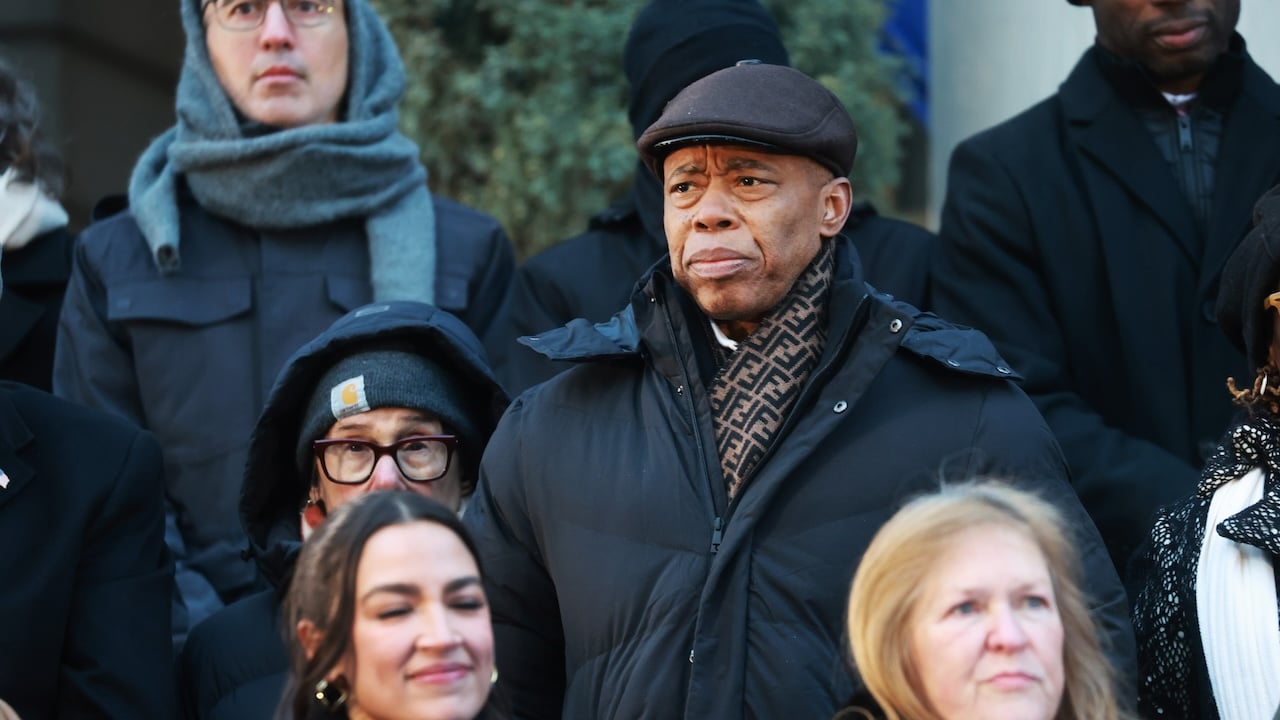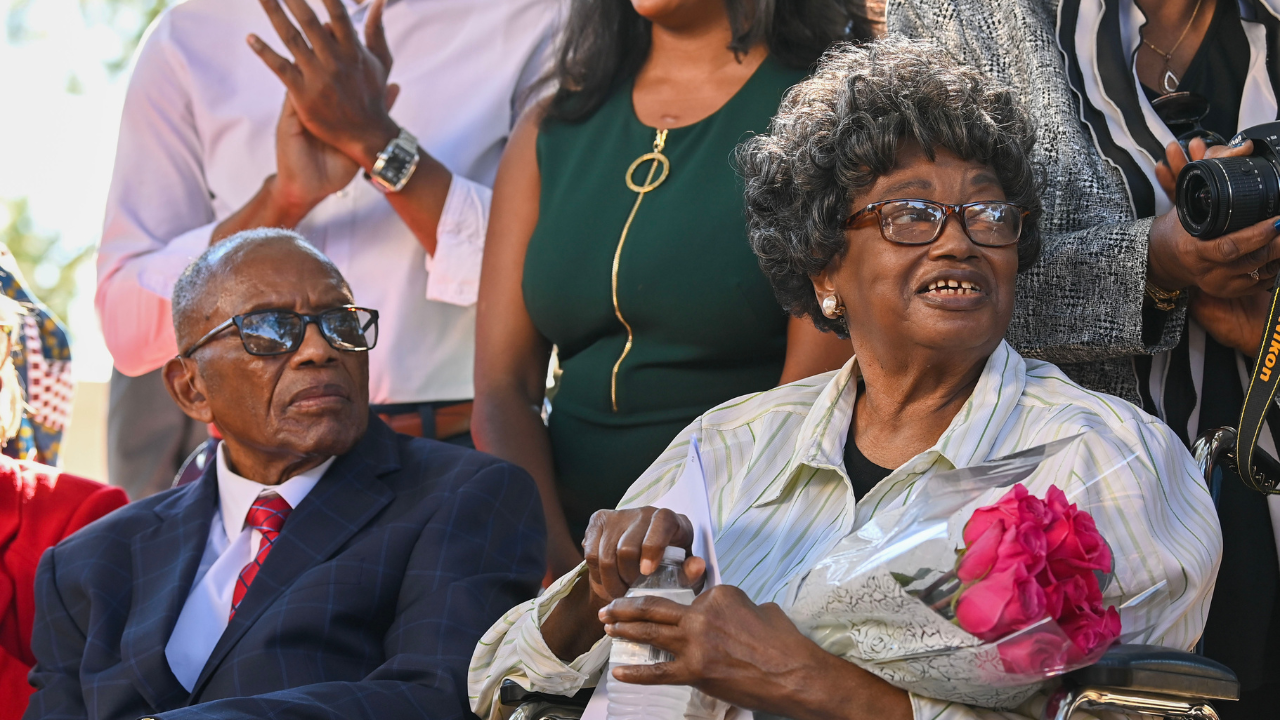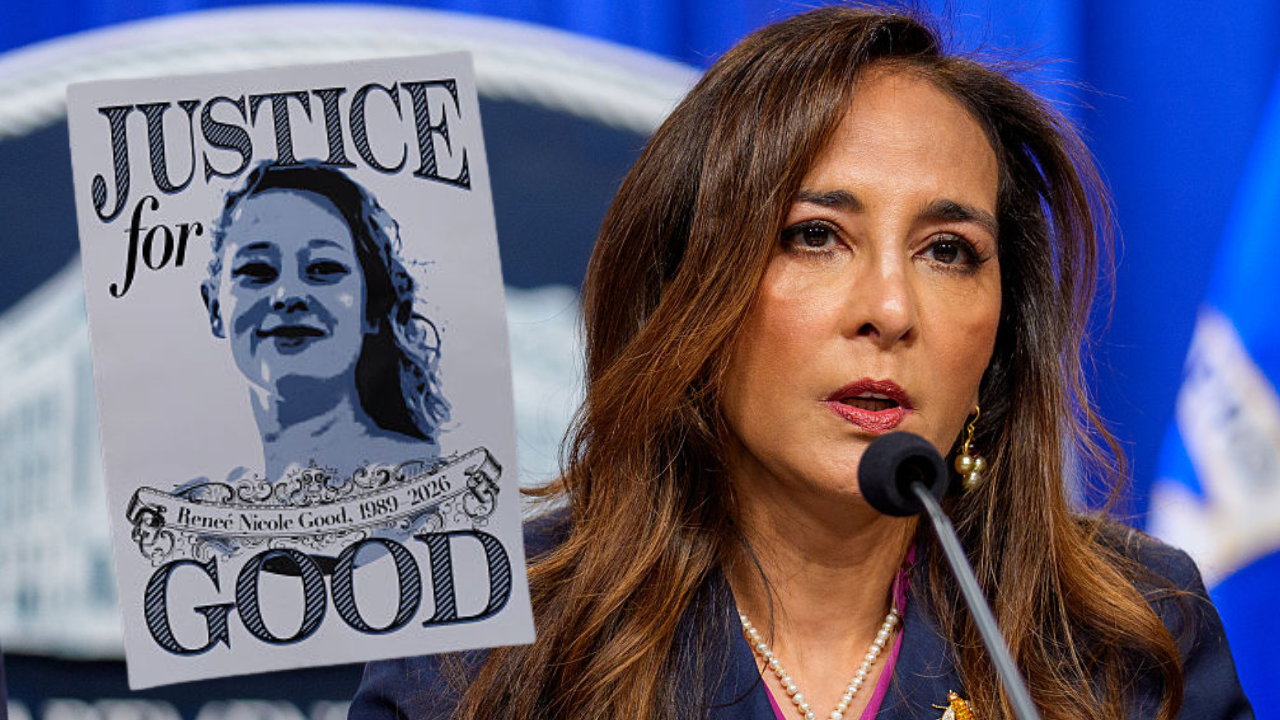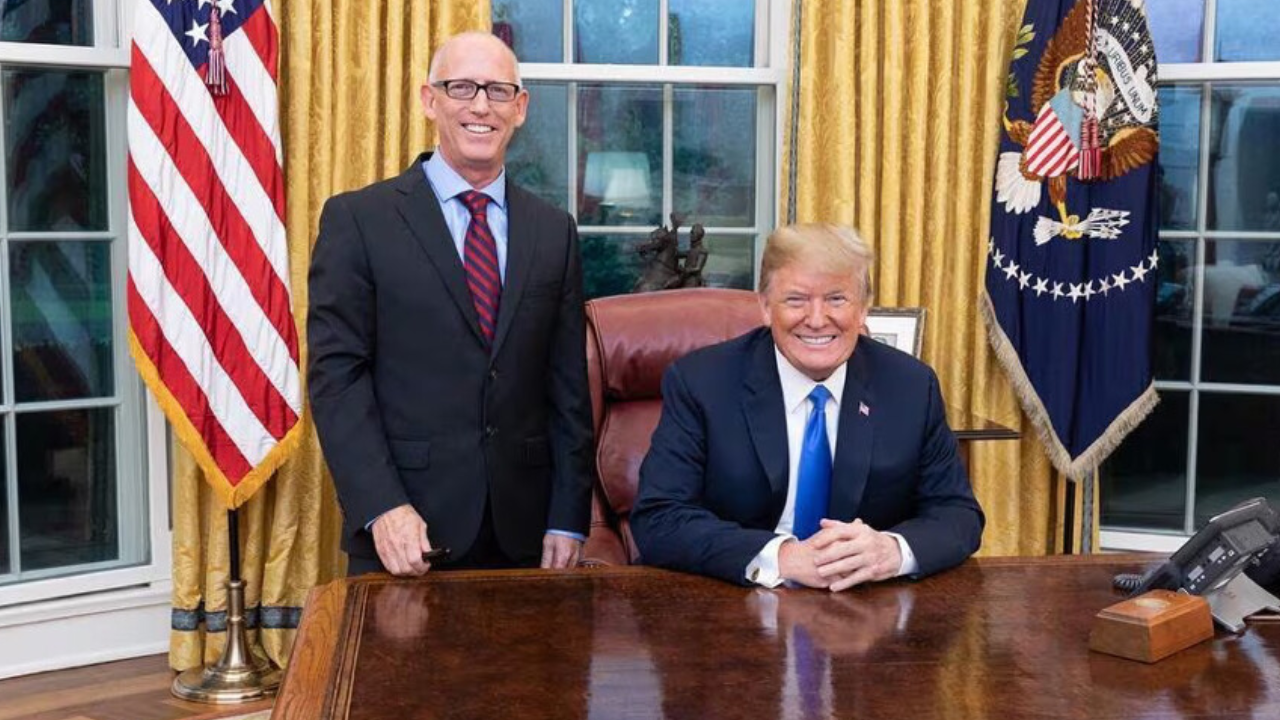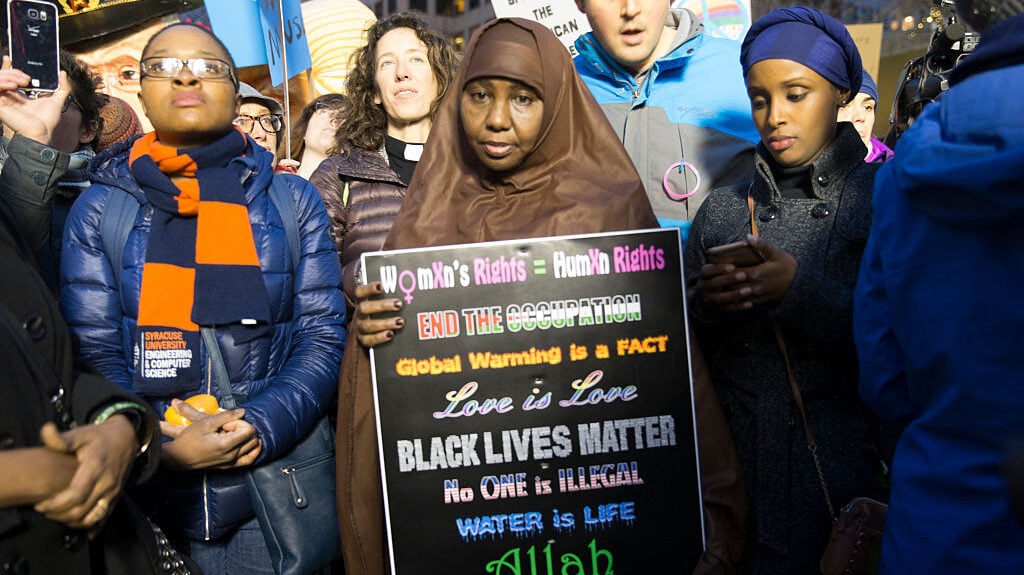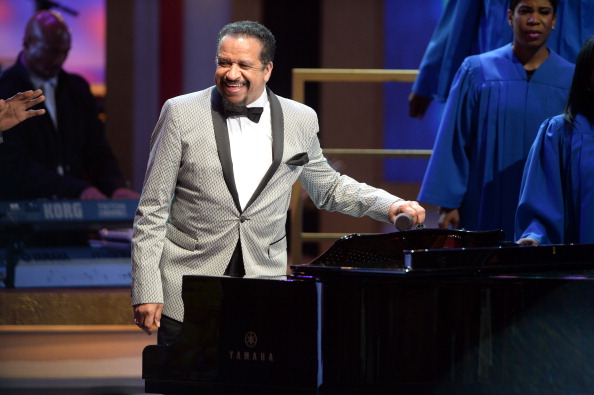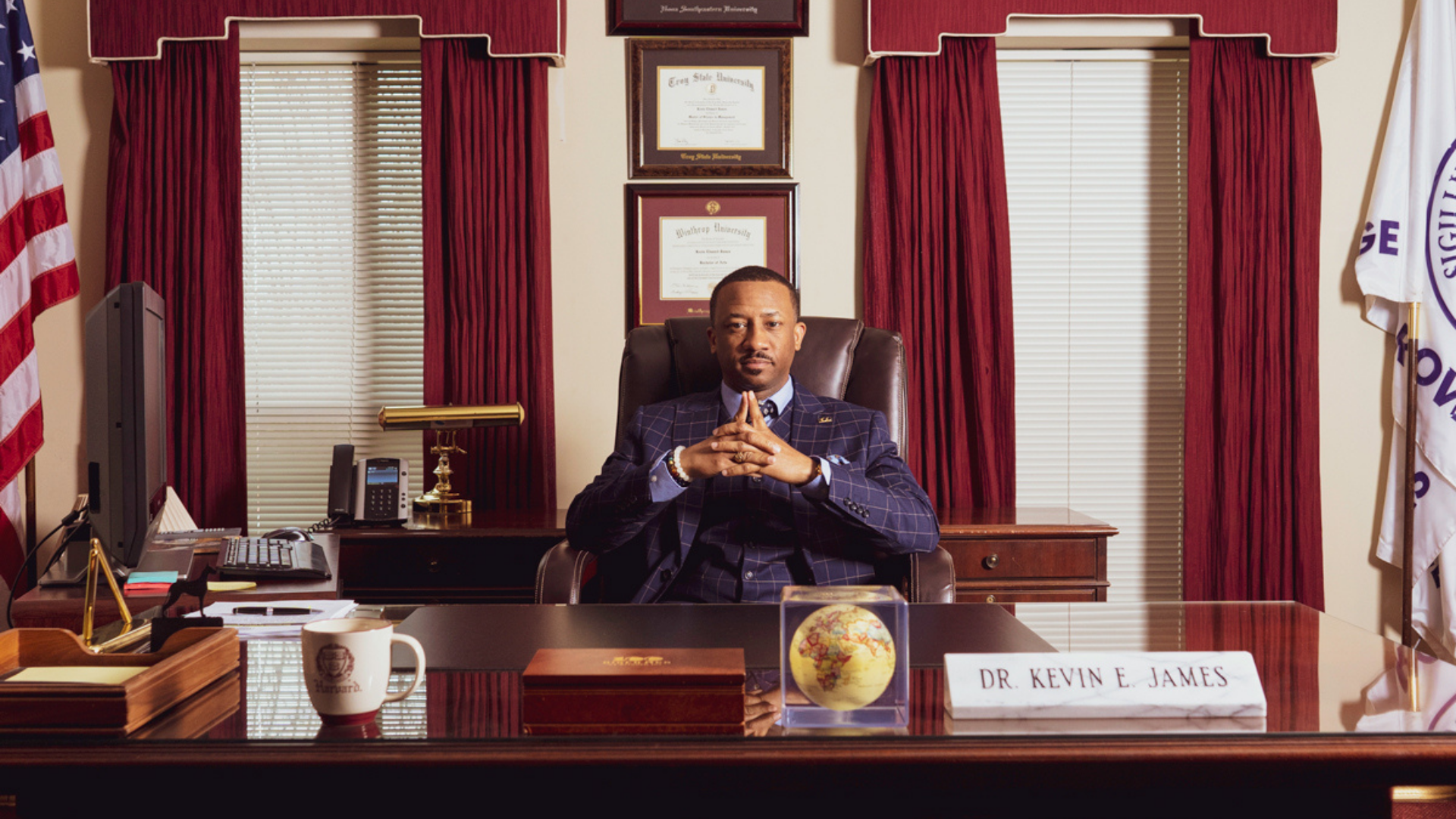How Rev. Jesse Jackson Changed The Political Conversation In America

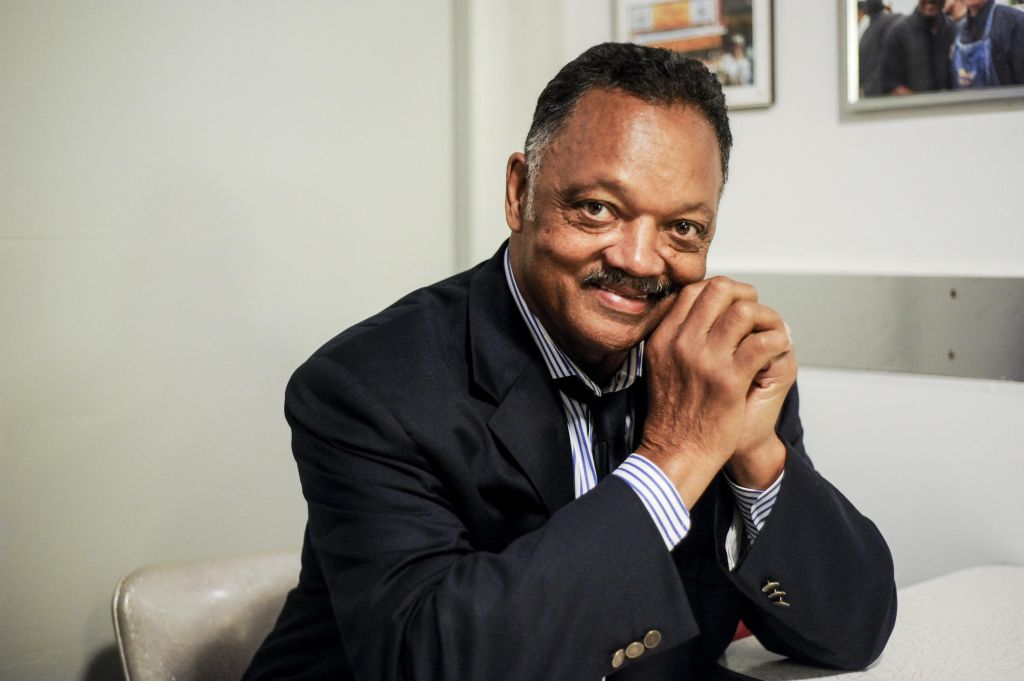
Few figures in modern American history have left as deep and lasting a mark on the nation’s political and moral landscape as the Rev. Jesse Jackson. A minister, civil rights activist, and two-time presidential candidate, Jackson helped expand the national conversation on race, poverty, and equality. From the streets of Selma to the stage of the Democratic National Convention, he challenged America to live up to its ideals, not just for some, but for all.
The Roots of a Movement
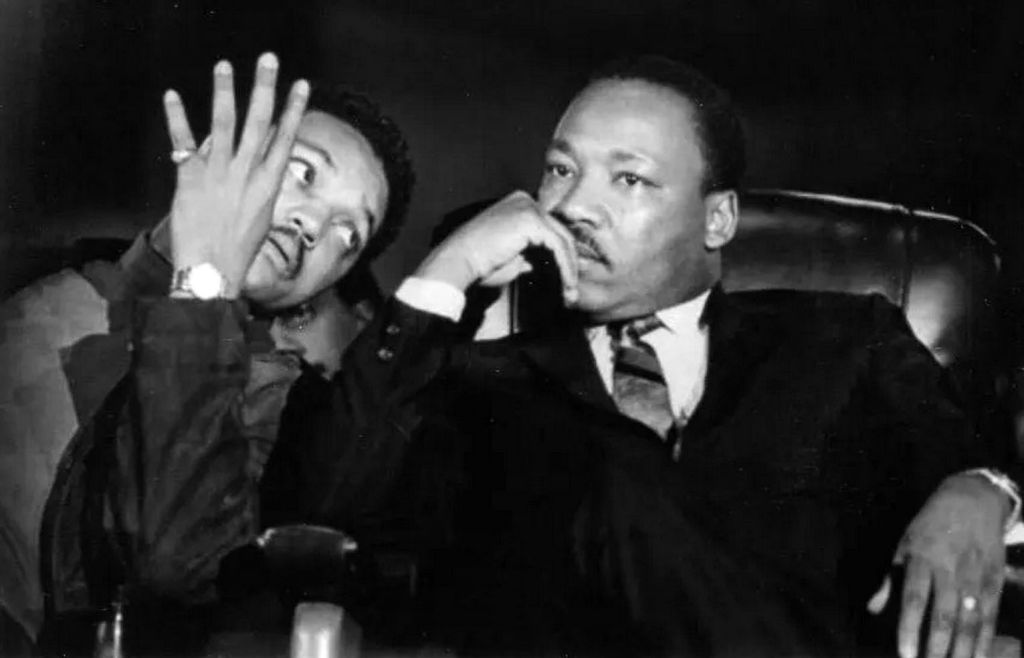
Born in Greenville, South Carolina, in 1941, Jackson rose from humble beginnings to become a protégé of Dr. Martin Luther King Jr. As part of the Southern Christian Leadership Conference (SCLC) in the 1960s, he helped organize key civil rights campaigns, including Operation Breadbasket, which pressed major corporations to hire and do business with Black Americans.
According to The HistoryMakers, Rev. Jesse Jackson earned his high school diploma from Sterling High School in Greenville, South Carolina. In 1959, he received an athletic scholarship to attend the University of Illinois at Urbana-Champaign. After completing his first year, Jackson transferred to North Carolina A&T University in Greensboro, North Carolina. The move brought success for the legendary activist. He was an honor student and served as president of the student body. On Dec. 31, 1962, he married his college classmate, Jacqueline Lavinia Brown, in Greenville.
Upon returning to North Carolina A&T, Jackson became deeply involved in the Civil Rights Movement, joining the Greensboro chapter of the Congress of Racial Equality (CORE). Jackson’s activism took root while he was still a student. In the summer of 1960, he joined the fight to desegregate Greenville’s public library, an early stand that would lead him to play a leading role in the sit-in movement, according to the Rainbow PUSH Coalition website. In 1963, he helped organize several sit-ins that led to the desegregation of local restaurants and theaters in Greensboro. Jackson went on to serve as field director for CORE’s southeastern operations and as president of the North Carolina Intercollegiate Council on Human Rights.
The following year, he represented his peers as a delegate at the Young Democrats National Convention. In 1964, Jackson graduated from North Carolina A&T with a Bachelor of Science degree in sociology. He later received a Rockefeller grant to pursue postgraduate studies at the Chicago Theological Seminary in Chicago, Illinois.
Jackson’s early activism was rooted in the belief that economic empowerment was the next frontier of the civil rights movement. He often referred to economic justice as being the “unfinished business” of the civil rights movement, the UN noted. That idea would shape his politics for decades to come. In 1965, Jesse Jackson left the Chicago Theological Seminary to join Dr. Martin Luther King Jr. and the Southern Christian Leadership Conference (SCLC) during the historic Selma marches in Alabama. Around this time, Jackson was ordained as a minister, despite not yet having completed his seminary studies.
A year later, in 1966, Dr. King appointed Jackson to lead the Chicago branch of SCLC’s economic initiative, Operation Breadbasket, a program designed to strengthen African American-owned businesses and expand job opportunities within Black communities. In December 1971, the initiative evolved into a new organization under Jackson’s leadership, renamed Operation PUSH (People United to Serve Humanity), continuing its mission of economic empowerment and social justice.
Changing the Political Conversation
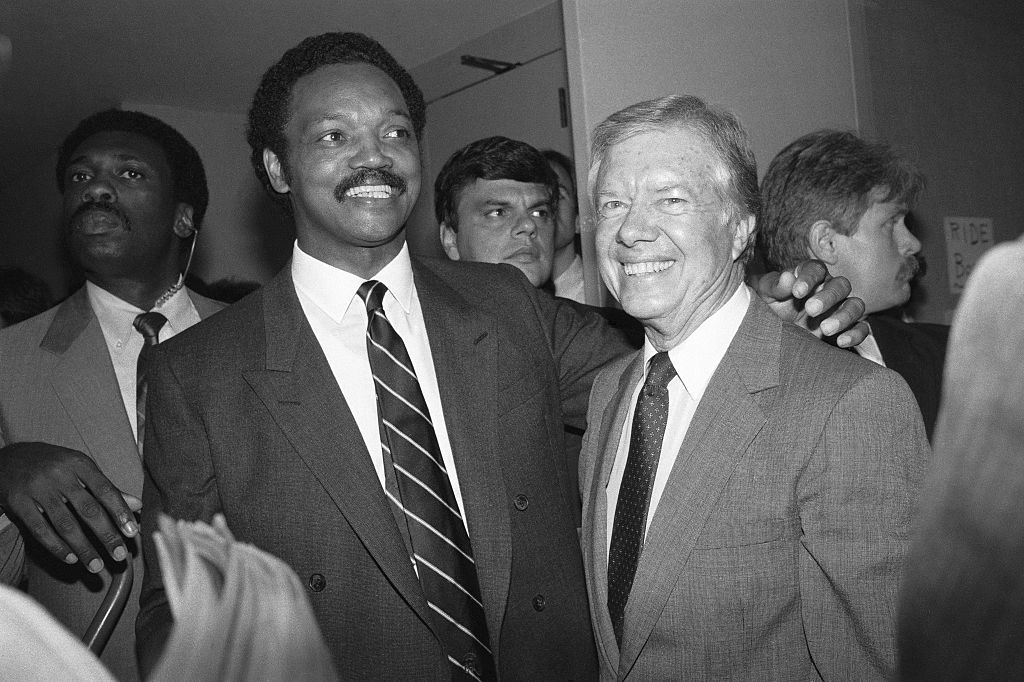
In 1984 and 1988, Jesse Jackson ran for president, not as a symbolic candidate, but as a serious contender for the office. His “Rainbow Coalition” brought together African Americans, Latinos, Native Americans, poor whites, women, labor unions, and LGBTQ people, a broad and diverse coalition that foreshadowed the multiracial progressive alliances of the future.
His platform was ahead of its time. Jackson called for higher minimum wage and universal healthcare, greater investment in education and job training, a reduction in military spending in favor of social programs, and civil rights protections for marginalized groups, among other initiatives. Jackson’s campaign was historic, as he helped to register two million new voters, The History Makers noted.
His speeches were just as legendary. Jackson often fused biblical imagery, moral urgency, and political vision throughout his messages. His most memorable speech was his soul-stirring presentation at the 1988 Democratic National Convention, which he shared during his second presidential campaign. Jackson acknowledged the divisions within his party but called on Americans to seek common purpose. His phrases “Keep hope alive” and “common ground” became a rallying cry for those left out of the political mainstream.
Jesse Jackson’s Challenges and Criticisms
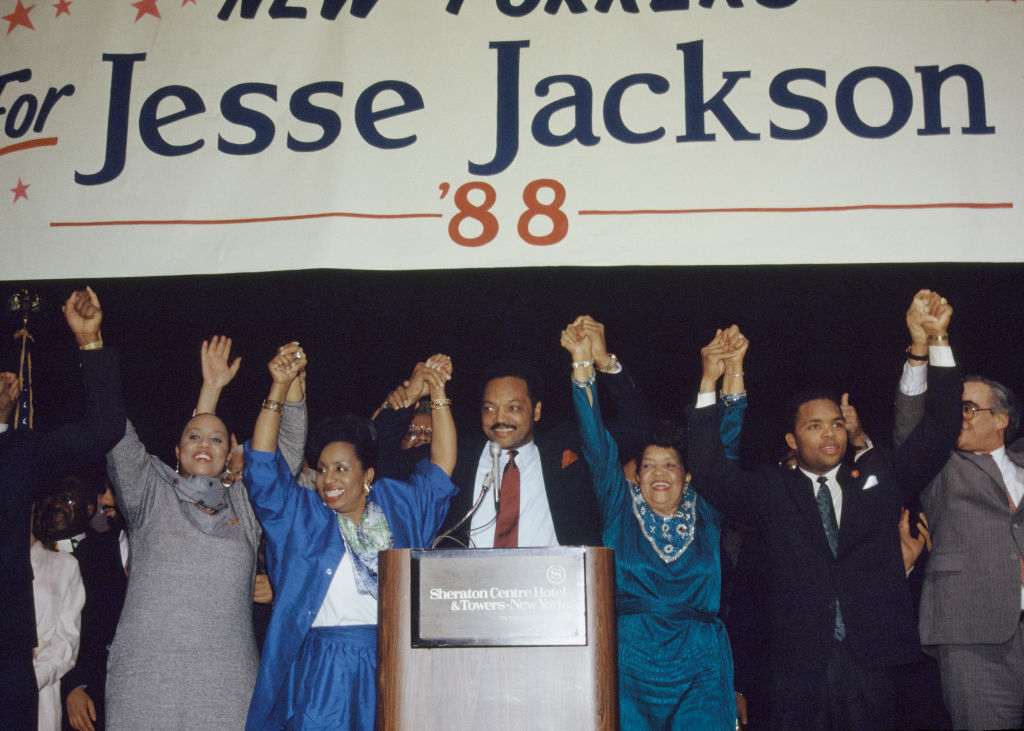
Reverend Jesse Jackson’s rise was not without controversy. Critics within and outside the civil rights movement sometimes accused him of being too ambitious or self-promotional, CNN noted. His comments during the 1984 campaign about Jewish people sparked backlash, and he later issued public apologies and worked to repair relationships.
He also faced skepticism from the political establishment, which saw his progressive platform as unrealistic. Yet, even when he didn’t win the presidency, his campaigns pushed the Democratic Party to take issues like racial justice and economic fairness more seriously.
Jesse Jackson’s Highs and Lasting Legacy
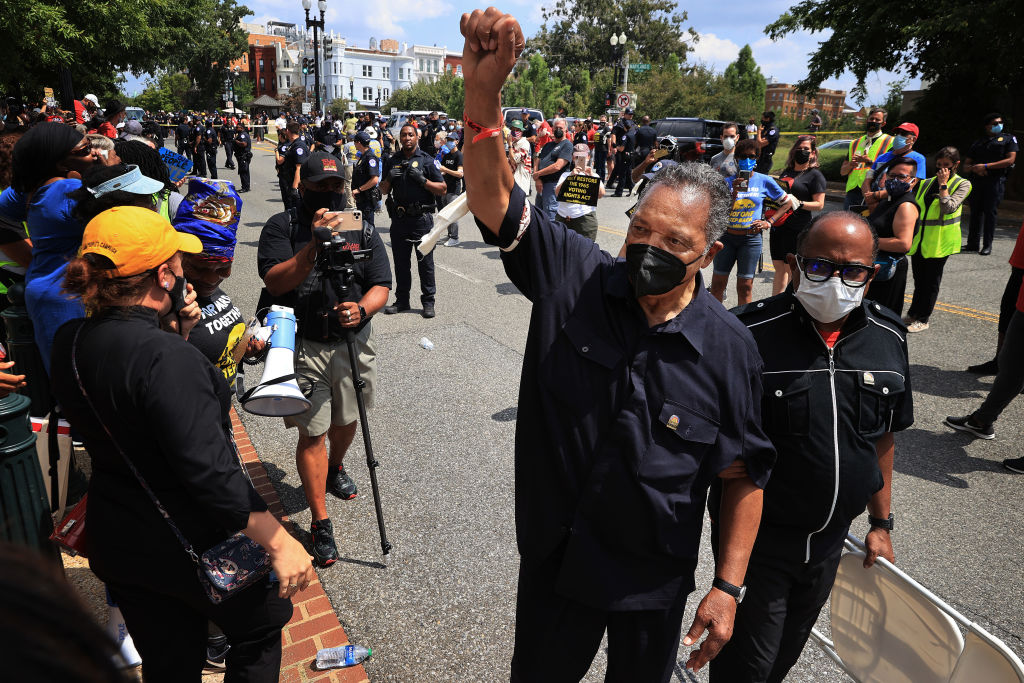
Jesse Jackson’s highs were both symbolic and tangible. His 1988 campaign earned nearly 7 million votes and won 13 primaries, breaking barriers for future Black and minority candidates, including Barack Obama. Internationally, Jackson negotiated the release of American hostages in Syria, Cuba, and Iraq, showing his diplomatic skill and moral authority. But perhaps his greatest legacy is changing the language of American politics. He forced the country to consider who was missing from the table and to expand that table. His influence is visible in today’s social justice movements.
Jackson continues to keep hope and change at the forefront, even through his most recent health battle. On Nov. 12, the civil rights leader was hospitalized, according to a statement shared by The Rainbow Push Coalition.
Jackson, 84, is being monitored for progressive supranuclear palsy (PSP), a rare brain disorder that affects movement, balance, and eye control.
“He has been managing this neurodegenerative condition for more than a decade,” the Rainbow PUSH Coalition said in a press release on Wednesday. “He was originally diagnosed with Parkinson’s disease; however, last April, his PSP condition was confirmed. The family appreciates all prayers at this time.”
Jesse Jackson didn’t just change the conversation on politics; he broadened it. He turned moral conviction into political action and taught America to dream of a more inclusive democracy. His voice still echoes in every call for justice, every demand for equality, and every reminder to “keep hope alive.”
SEE MORE:
How Jesse Jackson Changed American Elections
The Civil Rights Journey Of Rev. Jesse Jackson
What's Your Reaction?
 Like
0
Like
0
 Dislike
0
Dislike
0
 Love
0
Love
0
 Funny
0
Funny
0
 Angry
0
Angry
0
 Sad
0
Sad
0
 Wow
0
Wow
0




